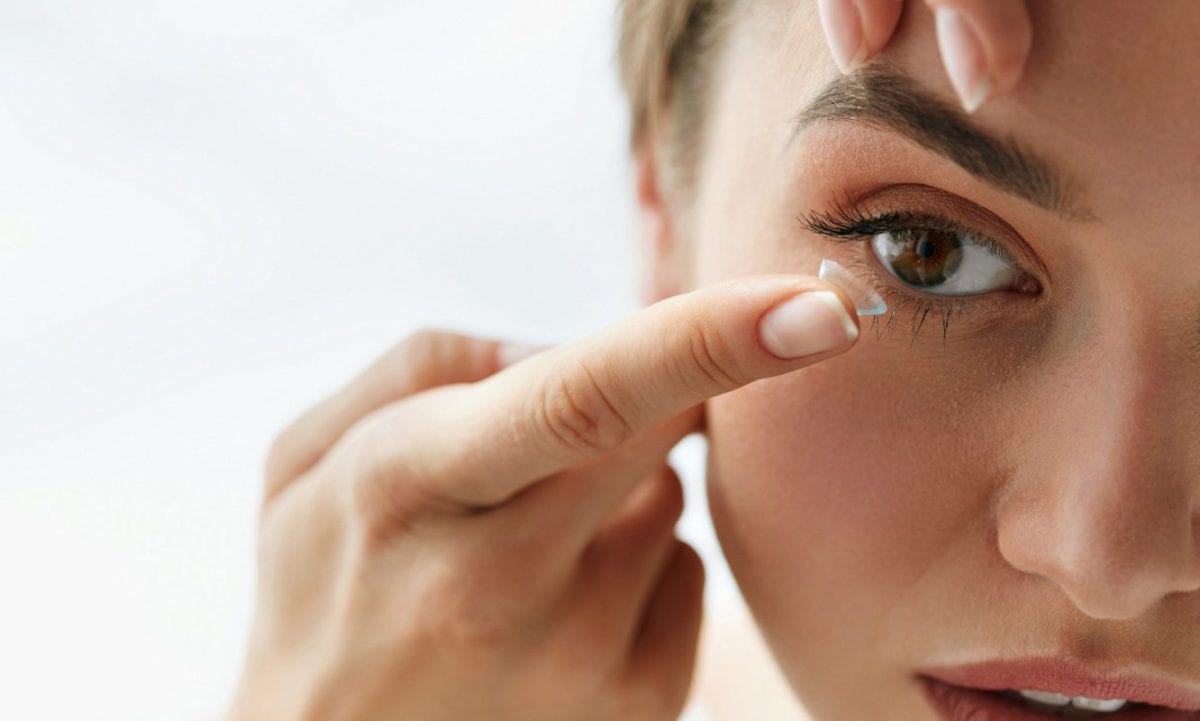Contact lenses are considered a proper alternative to glasses when it comes to taking care of your eye health.
People prefer lenses over glasses for several reasons such as options available—permeable, overnight wear, disposable, different colors, etc.; better fit; usability for active people, and much more. On the other hand, spectacles are cheap, ideal for people who tend to have poor moisture in their eyes, fashion statements, etc.
In short, both have their pros and cons, but why should you wear lenses while studying? Well, let’s find out.
Reason to wear lenses
- Lenses are more comfortable than glasses. Glasses can leave marks on the nose or behind ears.
- Lenses keep your vision perfect. Spectacles can move even by a little push or pull, whereas, lenses are a part of the eye— in most cases, they can only be removed or worn, nothing else.
- You can study anywhere. Glasses can get fogged up during cold weather and full of droplets during rain. Glasses need to be cleaned every now and then. On the other hand, there’s no such problem with lenses.
In short, lenses are much better than spectacles for studying. There are a few disadvantages too, but that’s a story for another day.
Applying contact lenses
Now that you know contact lenses are a better option, let’s see how to apply them properly.
Before applying your lenses, wash your hands thoroughly. Avoid scented or any kind of oily soaps before doing so— it might stick to the lens surface and irritate your eyes. Specifically avoid using products that contain lanolin and moisturizing lotions. Secondly, use your lenses carefully and always put the lens in their respective containers for storage.
Guidelines for wearing lenses
- Shake the lens case gently, which contains the storage solution. This is done to loosen the contact lens, which might get stuck.
- Slide the lens out of its case on to your palm and rinse them thoroughly with an appropriate contact lens solution.
- Place the contact lens on the tip of your index or middle finger. Make sure the finger is dry.
- Simultaneously pull up on your upper eyelid and down on your lower eyelid with fingers and thumb of another hand.
- Next, position the lens on your eye while looking upward or forward.
- Gently close your eyes and roll your eyes in a complete circle to help the lens settle and then blink.
- Look closely into the mirror and make sure that the lens is fitted at the center on your eye.
That’s it.
Wrap up
For bibliophiles, book-worms, and avid students, chances are you may have impaired vision. For your studies, you highly rely on external vision-changing solutions of which, the most-used are either glasses or lenses. Both—glasses and lenses—have their own offerings, but for studying, lenses are a far better option as we can see from this article.
What are your thoughts? Let us know in the comments below.




